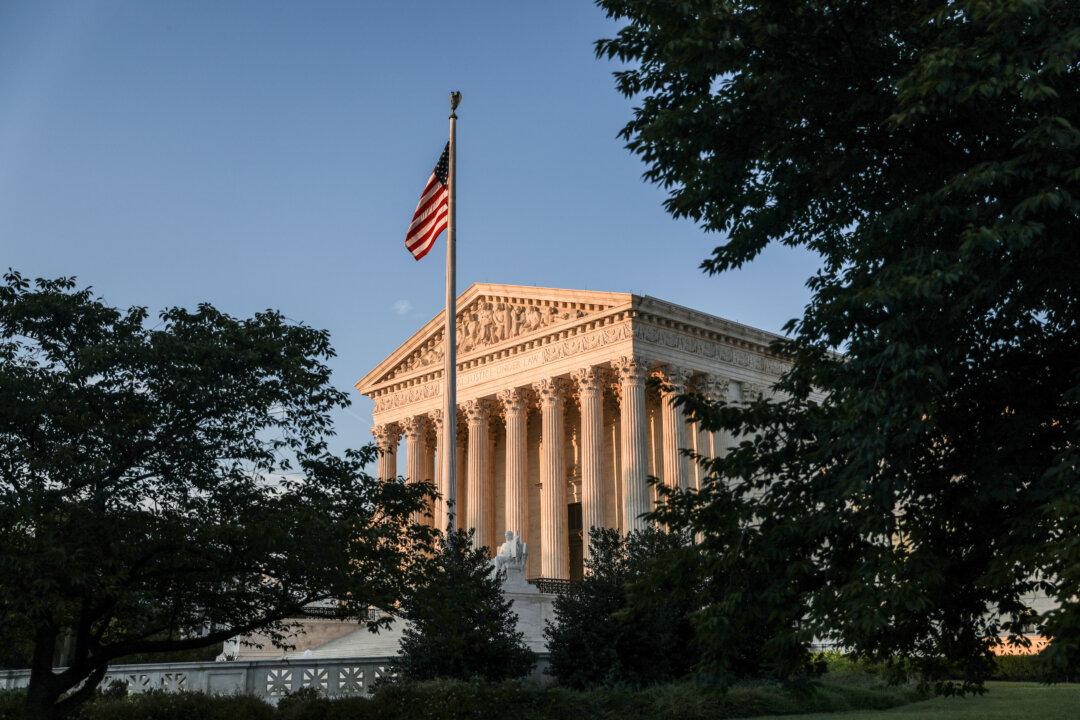A Midwestern hospital chain asked the Supreme Court to find that the U.S. Department of Health and Human Services shortchanged it by as much as $4 billion by altering its Medicare hospital reimbursement formula without first conducting a formal notice-and-comment rulemaking process.
Minneapolis-based Allina Health Services, a non-profit health care system that runs 13 hospitals and upwards of 90 clinics in Minnesota and western Wisconsin, is challenging the formula-changing decision that was made in 2013 by the Obama administration. The Trump administration defended that decision during oral arguments before the Supreme Court on Jan. 15.





